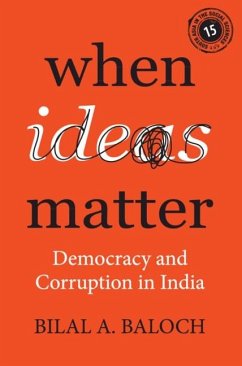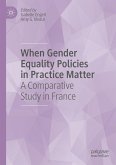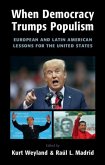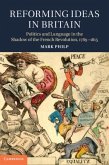Comparativist scholarship conventionally gives unbridled primacy to external, material interests-chiefly votes and rents-as proximately shaping political behaviour. These logics tend to explicate elite decision-making around elections and pork barrel politics but fall short in explaining political conduct during credibility crises, such as democratic governments facing anti-corruption movements. In these instances, Baloch shows, elite ideas, for example concepts of the nation or technical diagnoses of socioeconomic development, dominate policymaking. Scholars leverage these arguments in the fields of international relations, American politics, and the political economy of development. But an account of ideas activating or constraining executive action in developing democracies, where material pressures are high, is found wanting. Resting on fresh archival research and over 120 original elite interviews, When Ideas Matter traces where ideas come from, how they are chosen, and when they are most salient for explaining political behaviour in India and similar contexts.
Dieser Download kann aus rechtlichen Gründen nur mit Rechnungsadresse in A, B, BG, CY, CZ, D, DK, EW, E, FIN, F, GR, HR, H, IRL, I, LT, L, LR, M, NL, PL, P, R, S, SLO, SK ausgeliefert werden.









